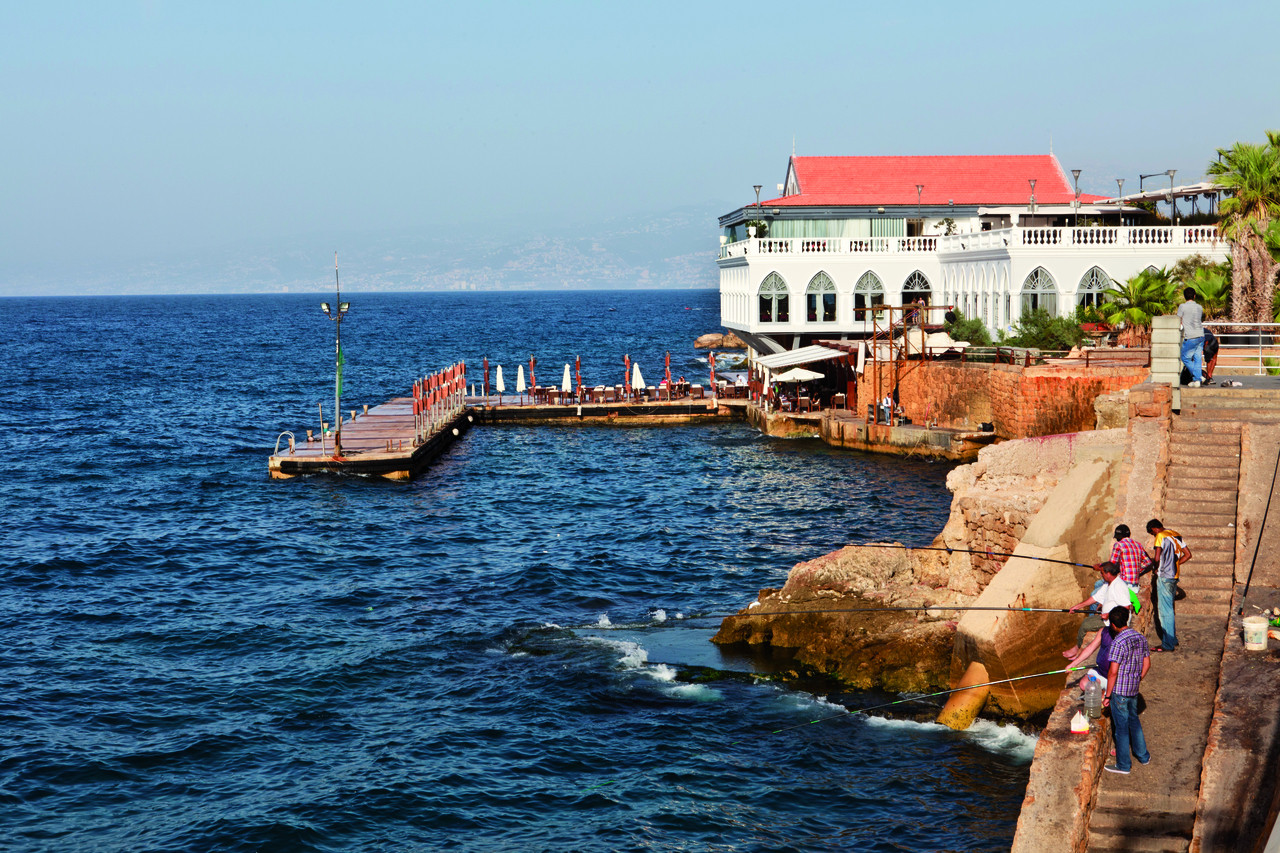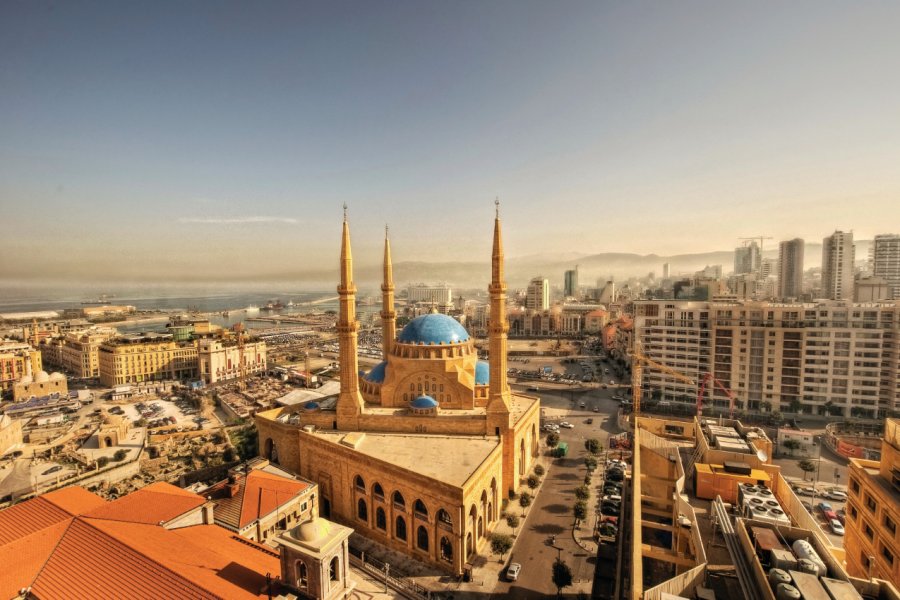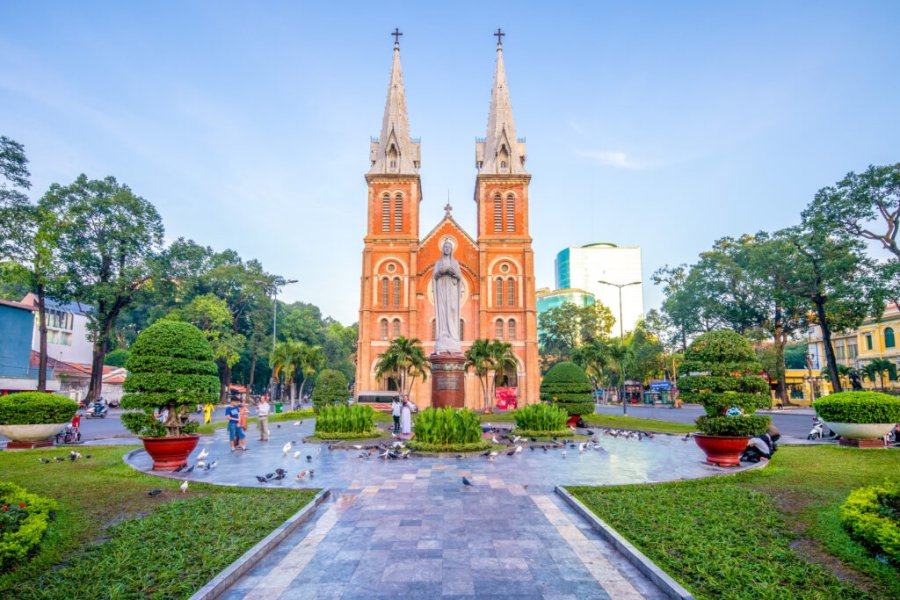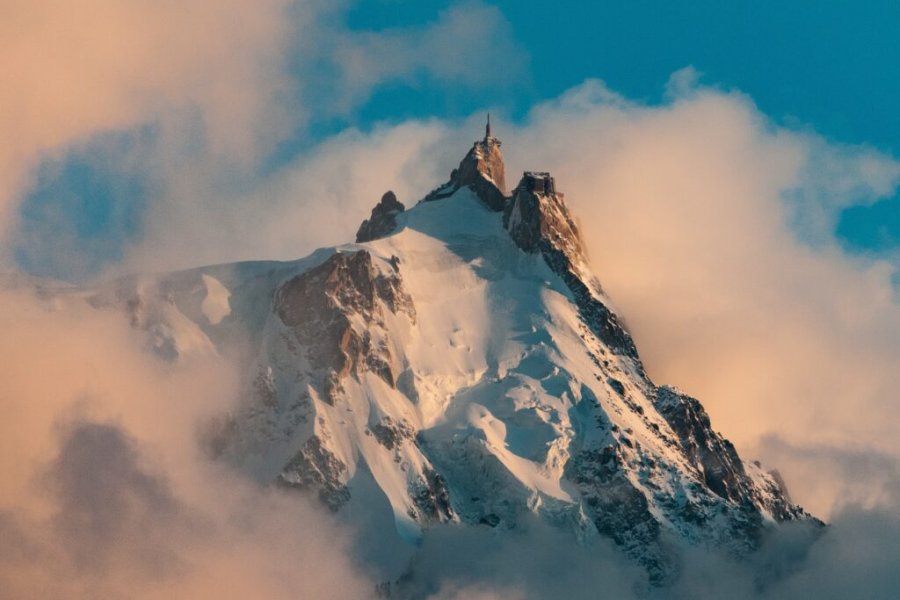The wonders of Lebanon
Highlights of the trip
During your stay you can enjoy the following highlights: Culture / Heritage, Faune and flora.
Best times to go
The best time(s) to go is/are : Printemps, Eté, Automne, Hiver.
Petit Futé
Where to stay in : Beyrouth ?
The map of your stay "The wonders of Lebanon"
Detail of the stay : The wonders of Lebanon
How to get there - Beyrouth
Downtown Beirut
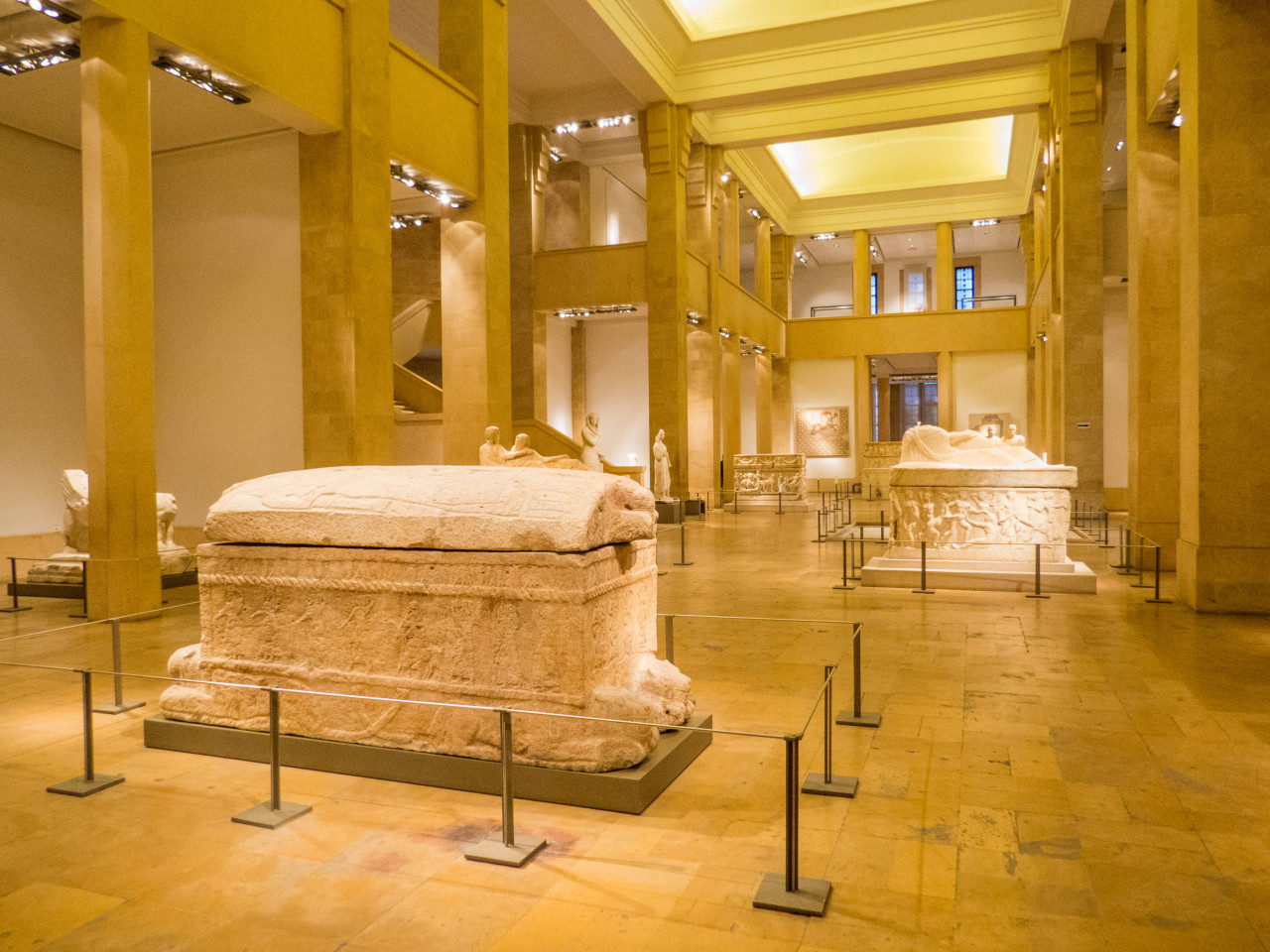
Steps: Beyrouth
The city center, its archaeological remains and its pedestrian streets are a must-see. You can continue your walk towards Ashrafieh and admire the beautiful mansions of the Sursock and Gemmayze districts. Further south, the National Museum gathers the archaeological wonders of the country. A short visit to the Museum of Prehistory is possible.
Places of interest : MUSÉE DE LA PRÉHISTOIRE DE L'USJ MUSÉE NATIONAL DE BEYROUTH
Bachoura and Sodeco neighborhoods and a walk on the seaside

Steps: Beyrouth
Damascus Street and the neighborhoods of Bachoura and Sodeco have kept the last traces of the fifteen years of the civil war. The alleys of the Basta district are an opportunity to taste the Beirut life. The Pigeon Cave in Raouché is worth a visit. A walk at sunset on the cornice along the sea is remarkable. You will end the evening in a bar in Gemmayze or in a discotheque on the roof of a building in the city center.
Places of interest : GROTTE AUX PIGEONS
Archaeological remains and natural sites
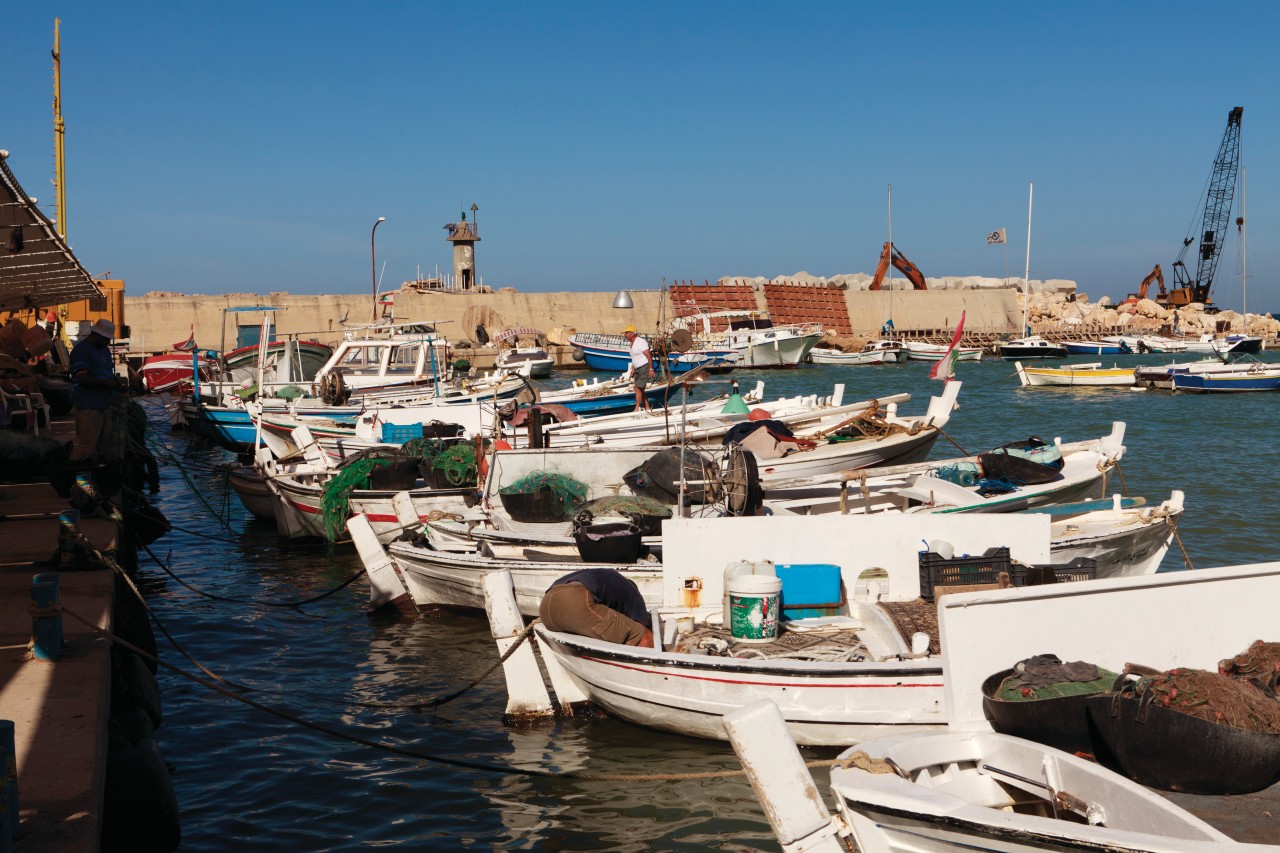
Steps: Aamchit
Jeita's caves are impressive natural treasures. The old town of Byblos, one of the oldest in the world with its 10,000 years of history, and its small port are a pleasure. The village of Amchit preserves many traditional houses of great beauty.
Discovery of Batroun
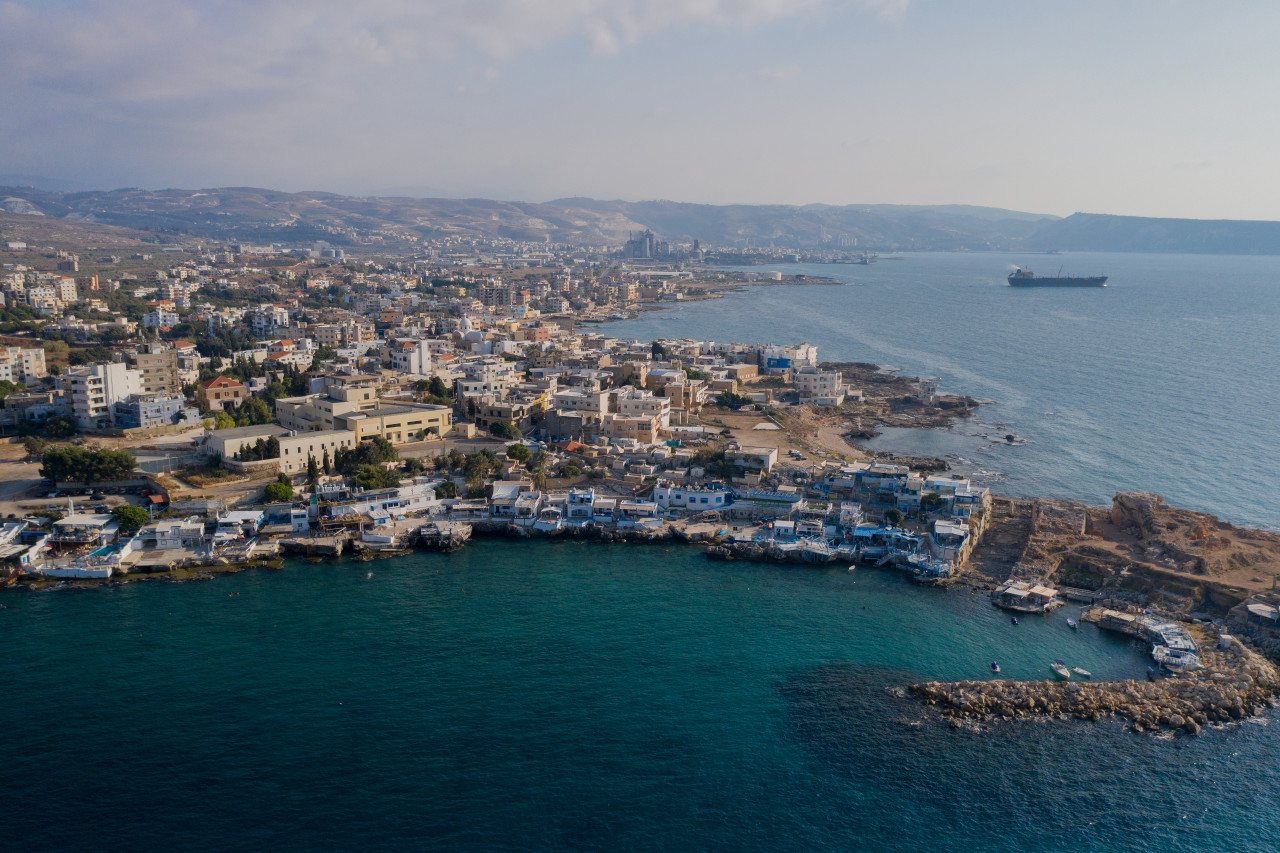
Steps: Batroun
You will visit the old town of Batroun on foot with its 220 m long Phoenician wall, its church of 1867, its souks and its lemonade. Smar Jbeil offers the ruins of an imposing citadel that dominates the village. You cannot miss the beautiful castle of Mseilha on the edge of the highway, which stands out from its promontory.
Tripoli, between tradition and modernity
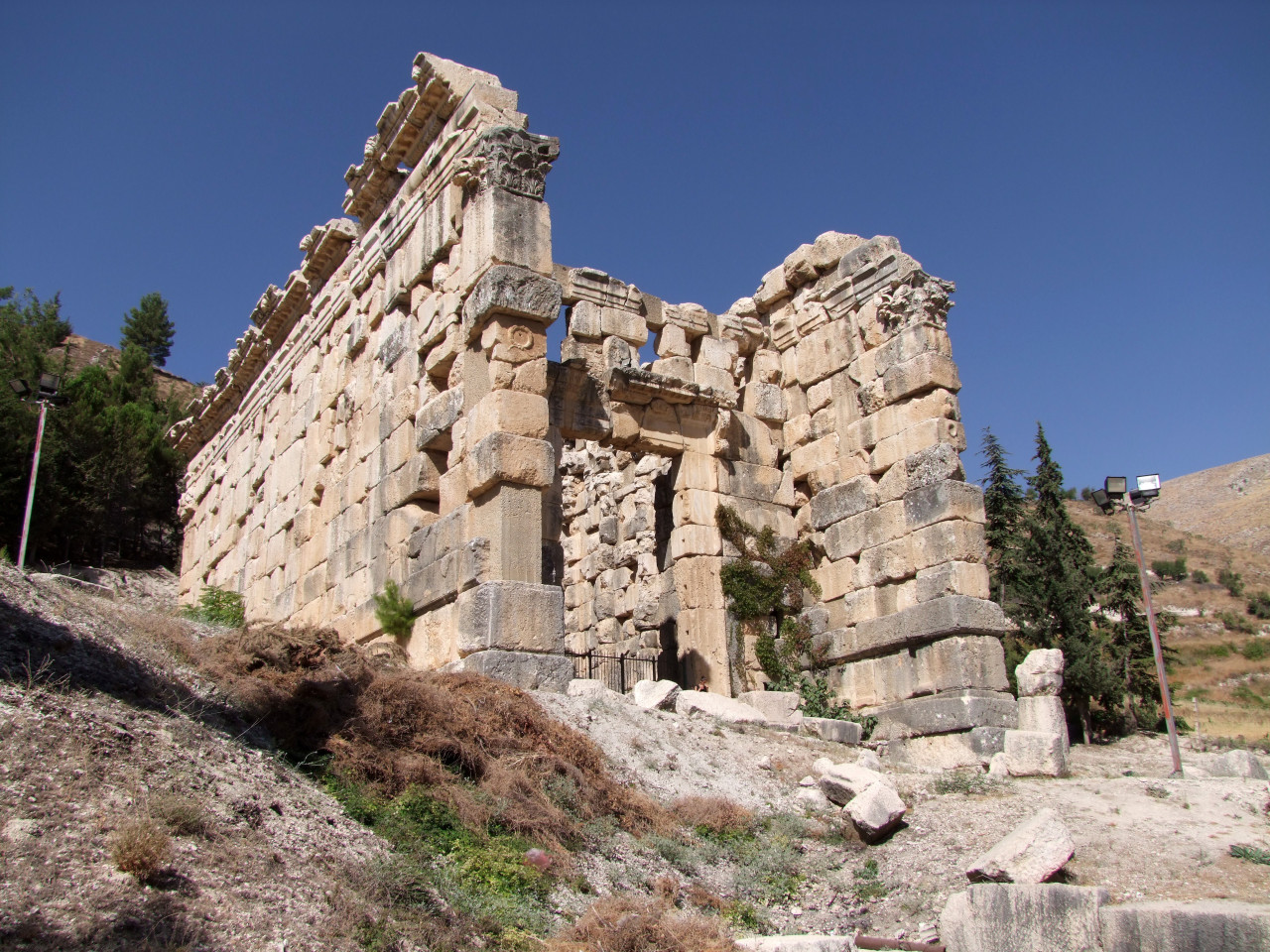
Steps: Tripoli
The peninsula of Enfé once housed a Crusader castle. In Tripoli, the castle of Saint-Gilles offers a splendid proximity to the sea. The souks of Tripoli are a maze of alleys with a thousand colours and scents. You will end the day with a walk on the ledge of El Mina.
Places of interest : LES SOUKS CHÂTEAU CROISÉ CHÂTEAU DE SAINT-GILLES
Getaway in the Kadisha Valley
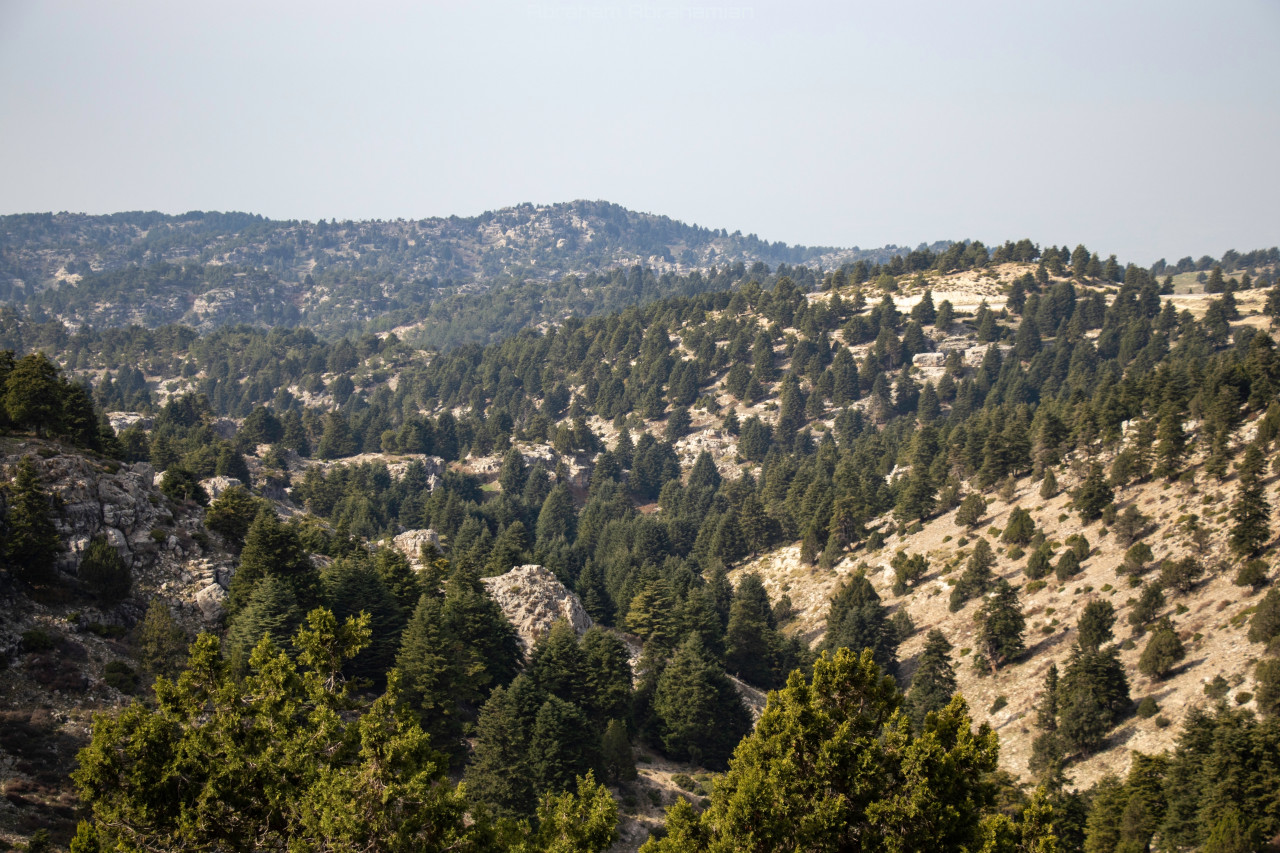
Steps: Ehden
The visit of the Kadisha valley begins with the ruins of Qasr Naous, two Roman temples from which one can see the whole plain of Koura. The Kadisha is home to many monasteries and troglodytic hermitages clinging to the cliffs (Deir Qannoubine, Qozhaya). The towns ofEdhen and Becharre are worth a visit. Above Becharre, you will see the last cedars of Lebanon, some of them thousands of years old.
Places of interest : TEMPLES ROMAINS
Stroll in the forest and archaeological sites
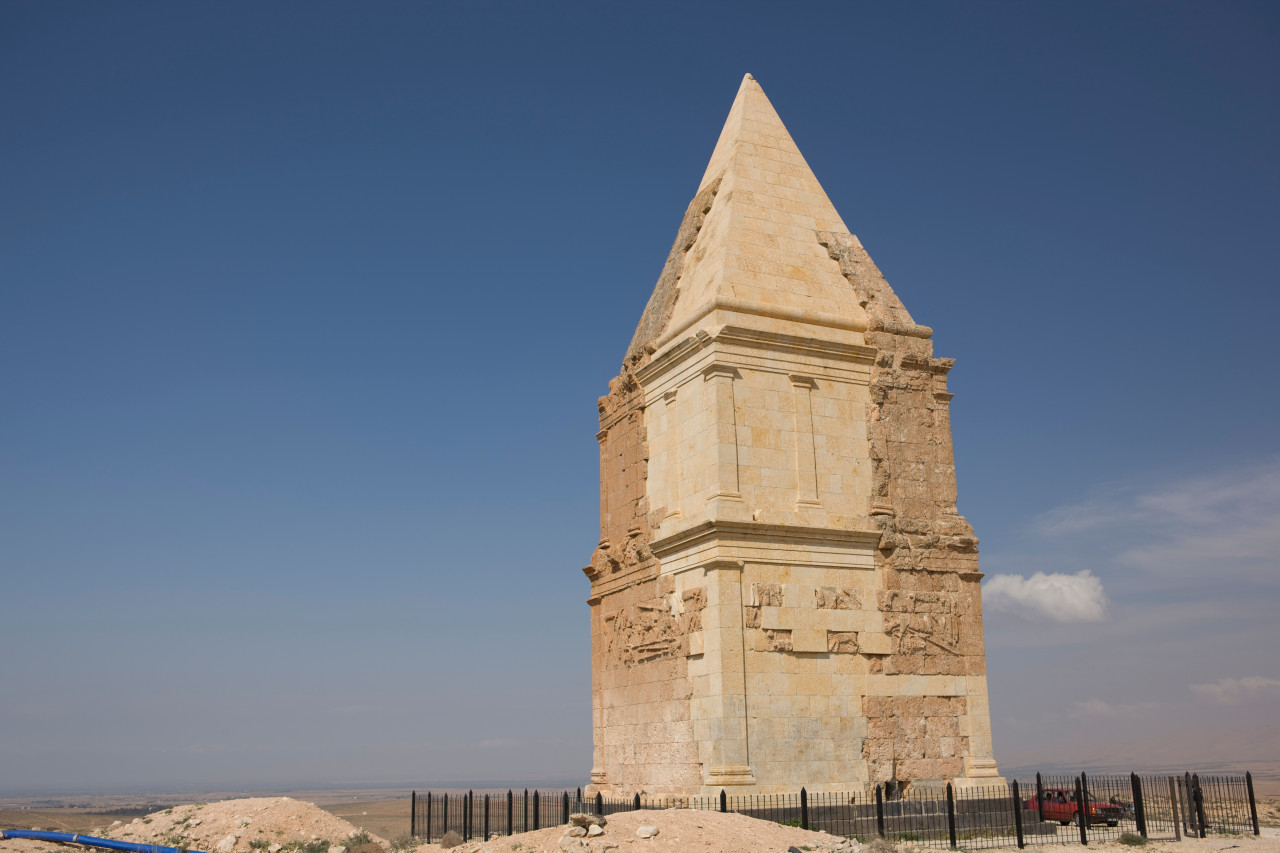
Steps: Sfire
In the Akkar plain, do not miss the pleasant walks in the Qammouah forest and discover the remains of the Sfireh and Akkar el Aatiqa sites (if security conditions allow!).
Places of interest : LA FORÊT DE QAMMOUHA
Heading for the city of the Sun God Baal
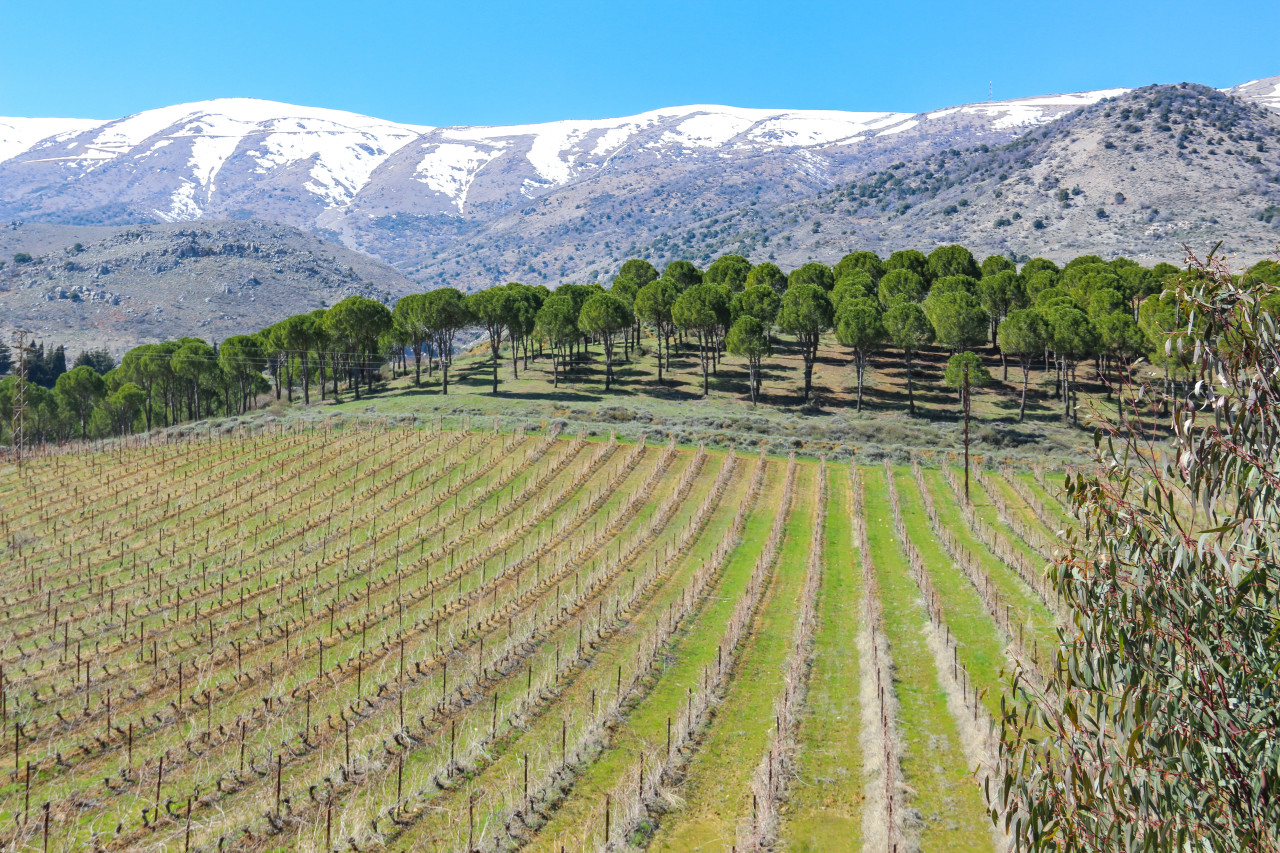
Steps: Anjar
From Akkar, you will pass to the Bekaa plain (if the situation is calm, once again!). You will be surprised by Qanouat al Hermel, a 27 m pyramid dating from the 1st century in the middle of arid lands. Baalbek, the city of the Sun God Baal, is the most beautiful site in Lebanon. The temples of Jupiter, Bacchus and Venus built during the Roman Empire are wonders. Anjar keeps the remains of the Umayyad dynasty, the first dynasty of Islam.
Gustatory discoveries and Roman sites
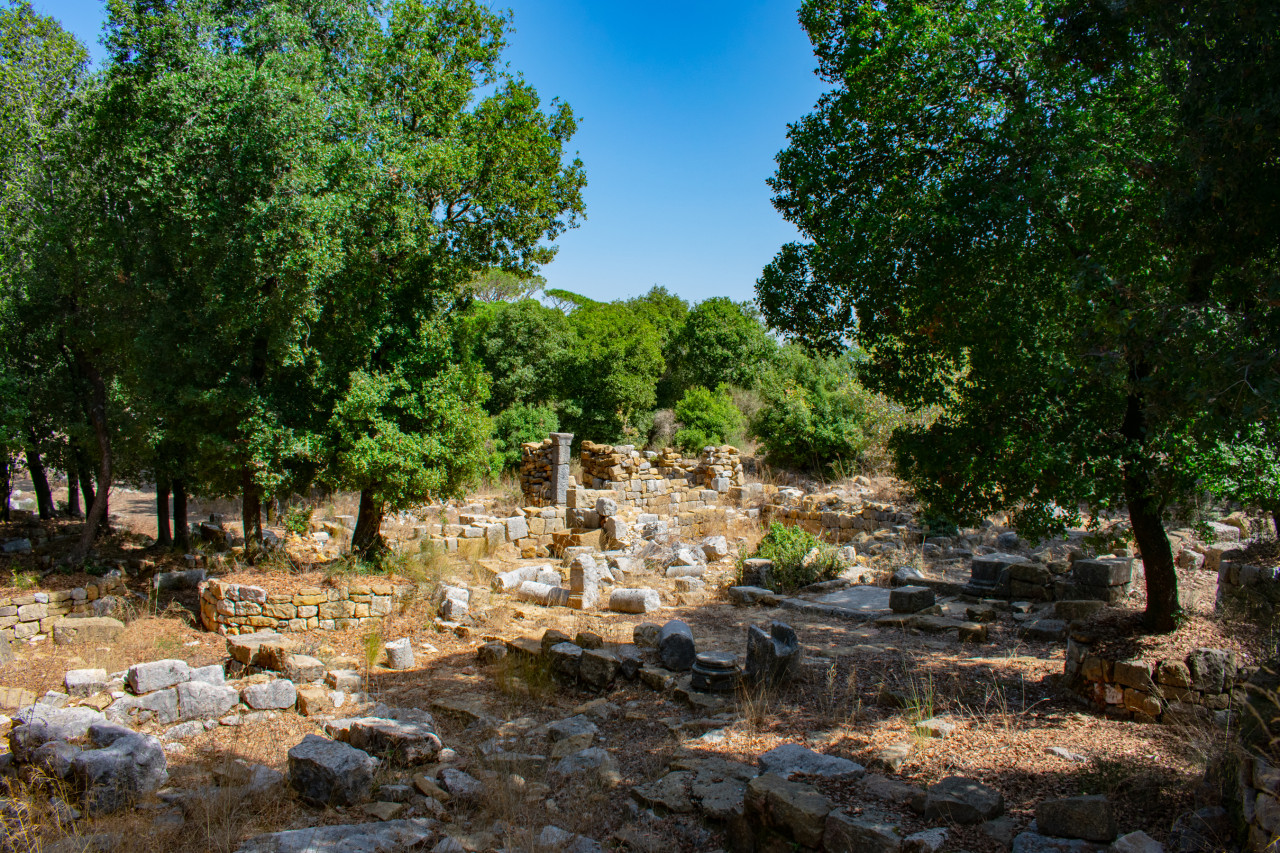
Steps: Kefraya
Lebanese wine lovers will be able to visit the cellars of Kefraya and Ksara and make a gastronomic stopover in Zahlé, known for its mezzé. The South Bekaa offers many Roman sites such as the temples of Ain Hourche, Dekweh or Manara.
Remains of ancient times on the heights of Beirut
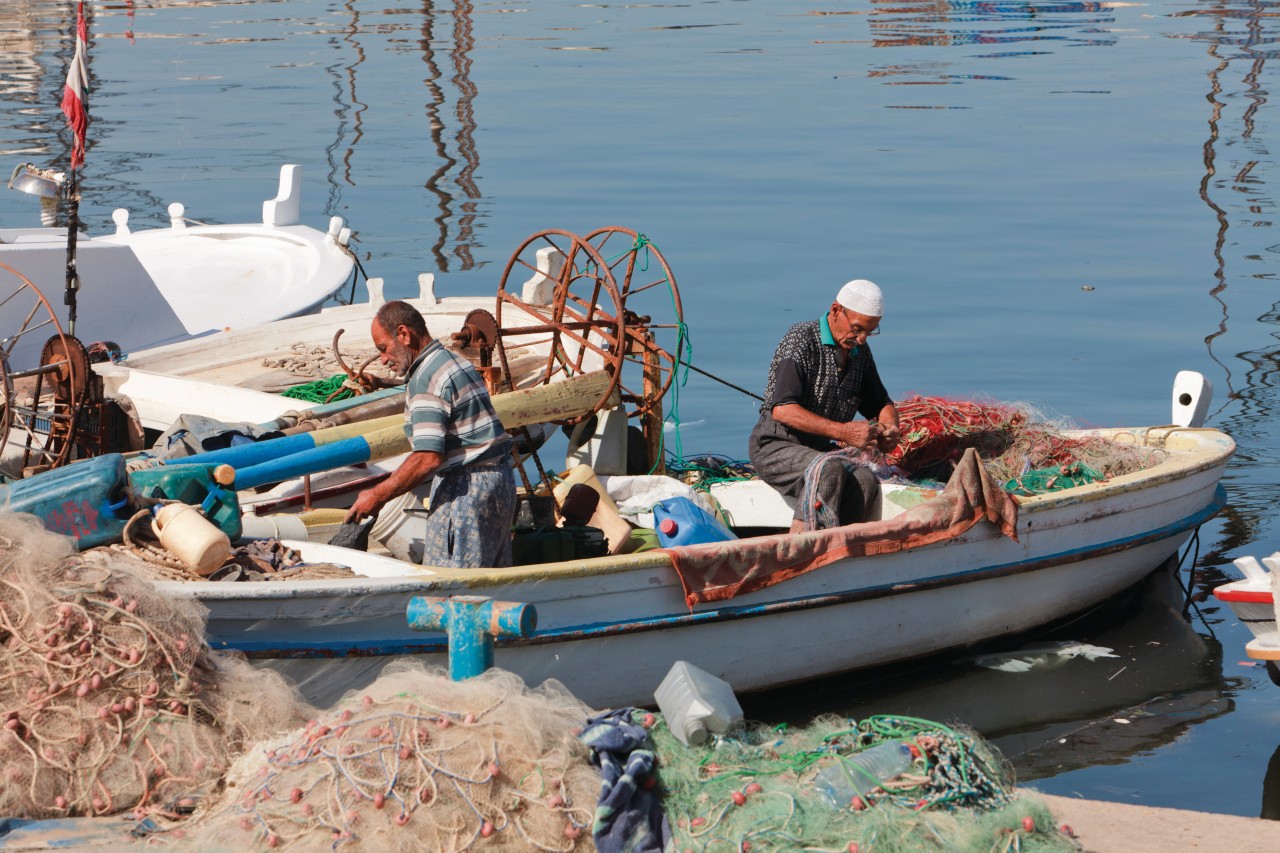
Steps: Beit Meri
Return to Beirut. Visit the ruins of Beit Meri overlooking the Beirut urban area with the remains of an ancient Roman temple and the remains of a 5th century Byzantine church. You can then admire the sunset on the site of the steles of Nahr el Kelb.
City of Saida, witness of past civilizations
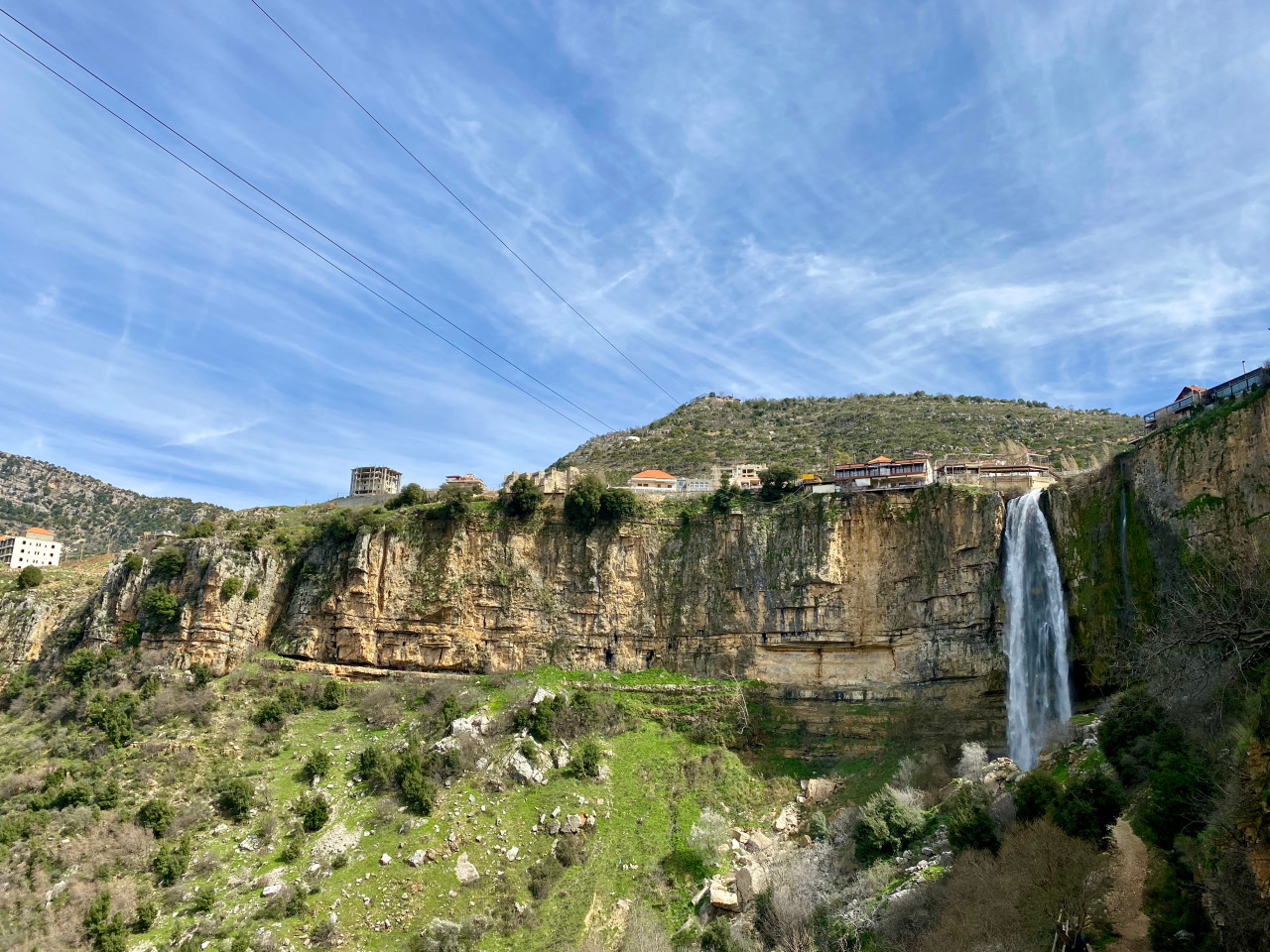
Steps: Saïda
Before arriving in Saida, you can admire the Roman temple of Chhim and the archaeological site of Echmoun. The old town of Saida offers many cultural and architectural attractions. The castle of the Sea dating from the Crusaders, the Soap Museum, the Debanné Palace, built in 1721, and the Khan el-Franj are to be discovered.
Places of interest : CHÂTEAU DE LA MER MUSÉE DU SAVON (KHAN AL-SABOUN) PALAIS DEBBANE LE TEMPLE ROMAIN DE CHHIM
The pine forest of Jazzin
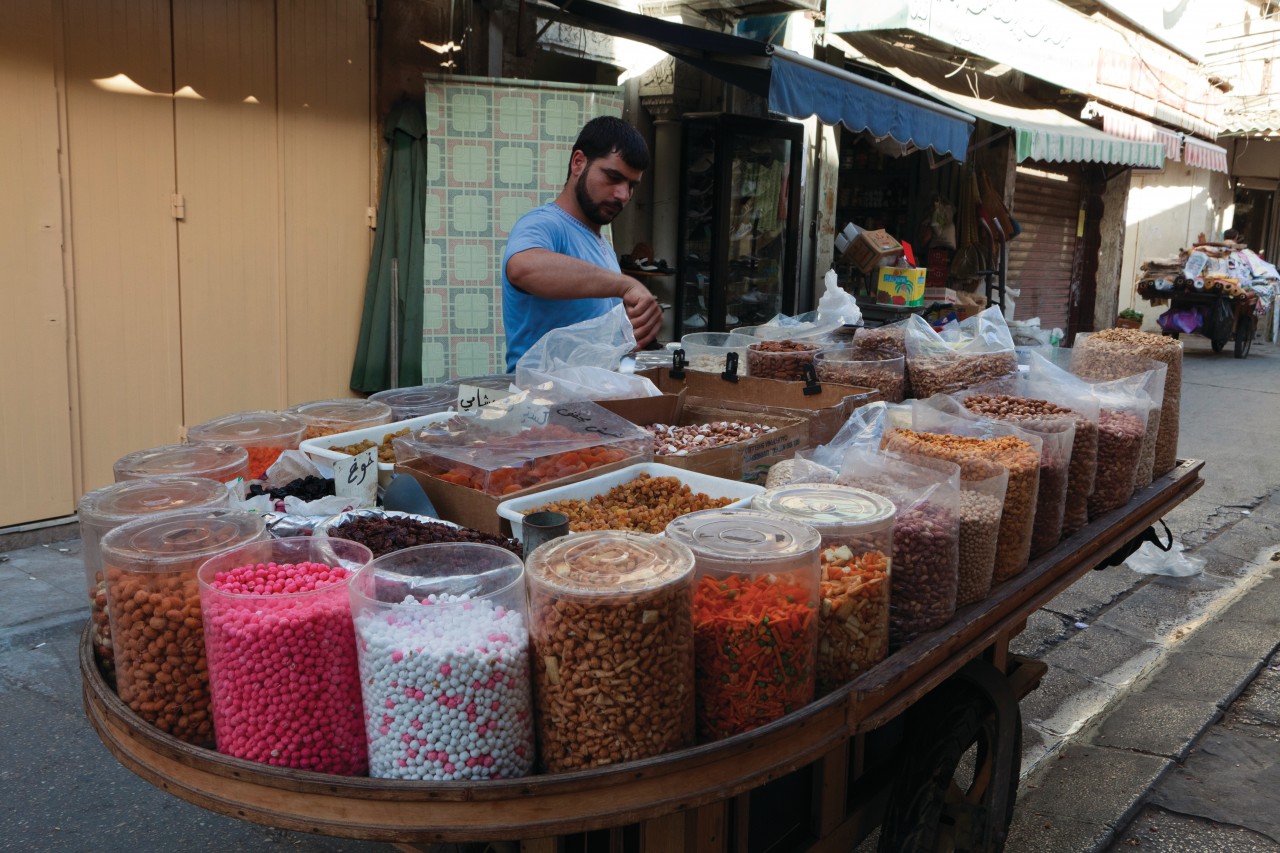
Steps: Jezzine
The Jazzin region offers a pleasant break with a walk in the beautiful pine forest and a typical Lebanese lunch above the waterfall.
Mix of civilizations in Tyre
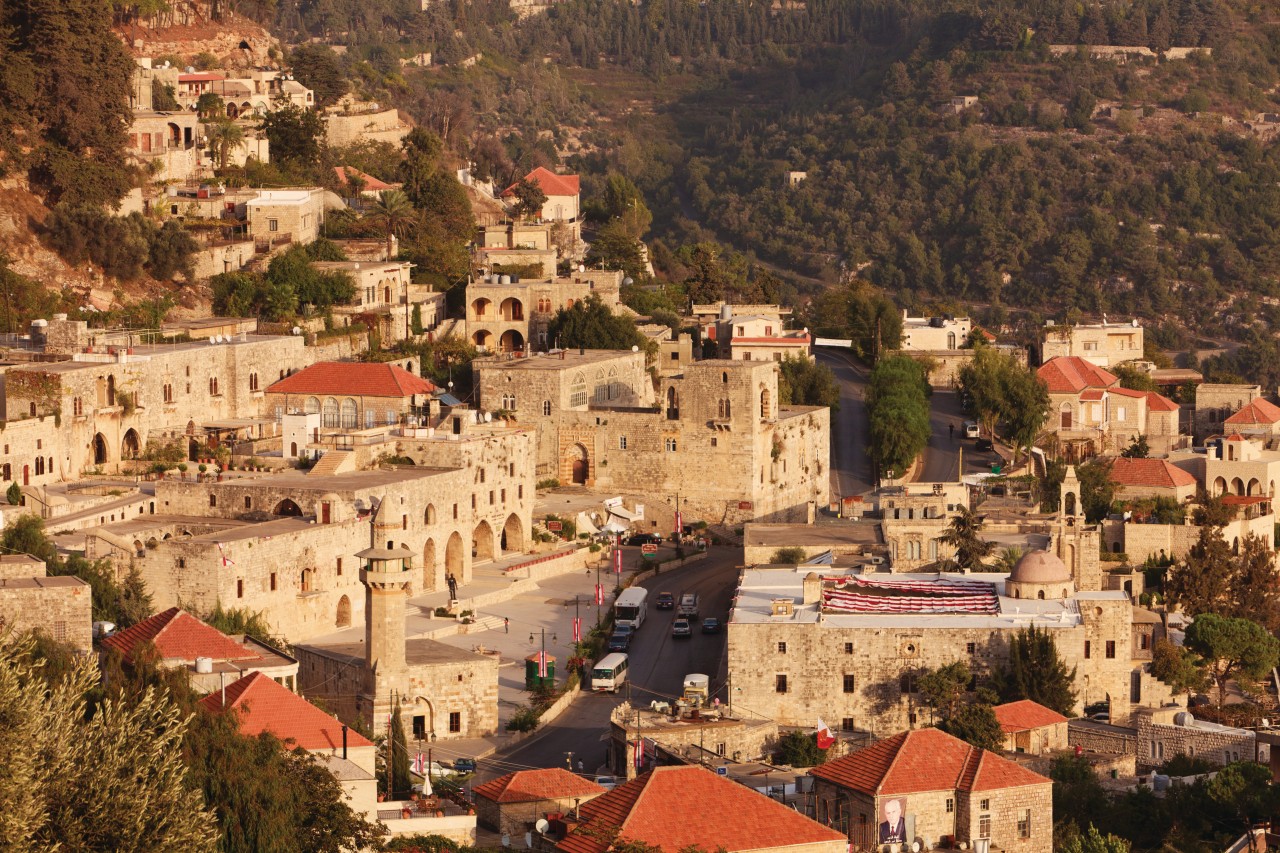
Steps: Tibnine
The Hellenistic, Roman and Byzantine ruins of Tyre bear witness to the richness of this ancient commercial city. You will not be able to miss the imposing tombeau de Hiramroadside. The site of Qana, the site of Christ's first miracle, shows several people carved in rock who could represent Christ and his disciples. You can continue your journey to the citadel of Tibnine.
Places of interest : LE TOMBEAU D'HIRAM
Discovery of the life of the emirs
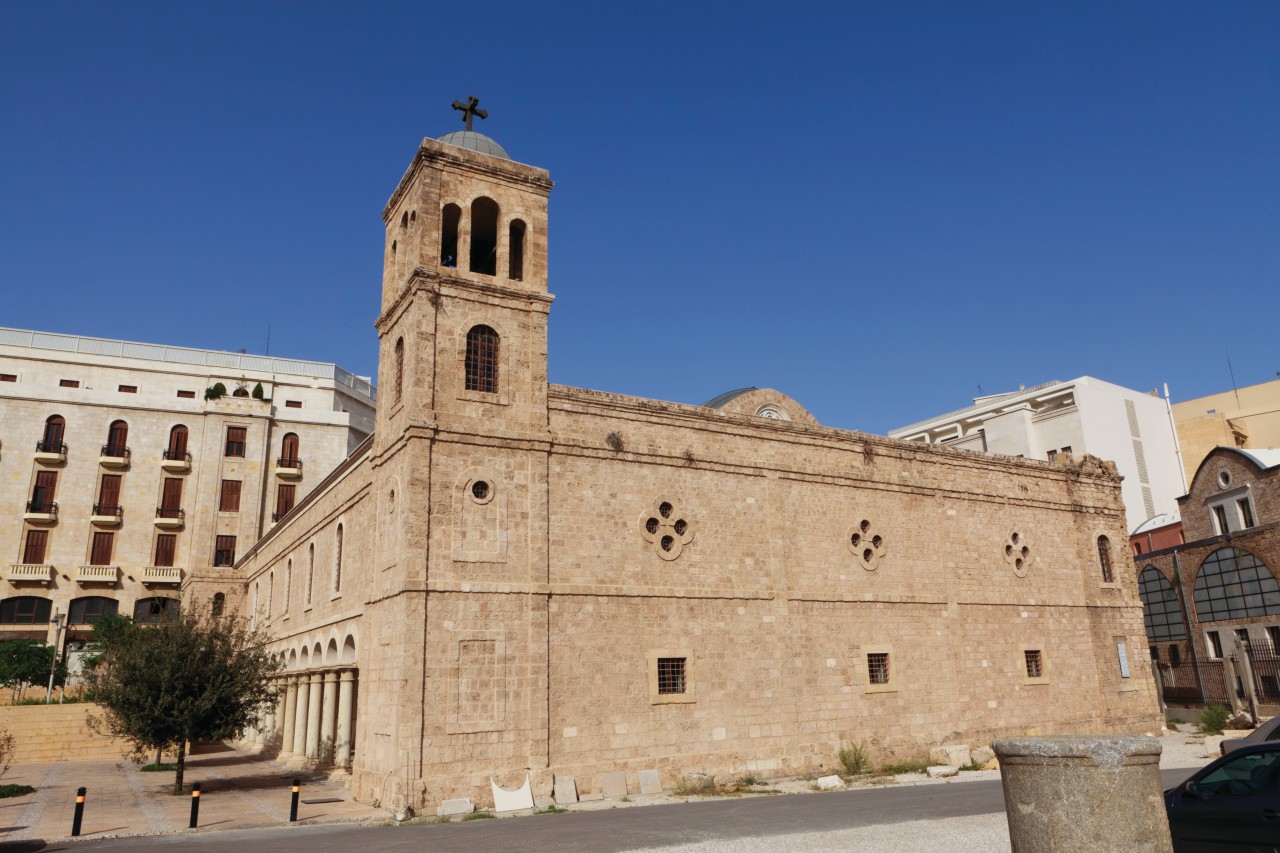
Steps: Barouk
Deir el Qamar is a charming little village that was the residence of the Maan Emirates from the 16th to the 17th century. A synthesis of all the architectural trends in Lebanon, the Beiteddine Palace is a marvel. From there, you can reach the forest of the Barouk cedars.
Places of interest : FORÊT DES CÈDRES DE DIEU (ARZ EL-RABB) LE VILLAGE
